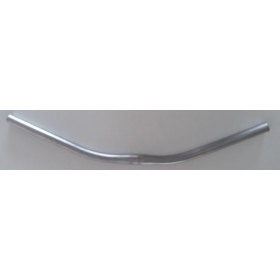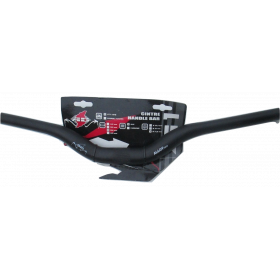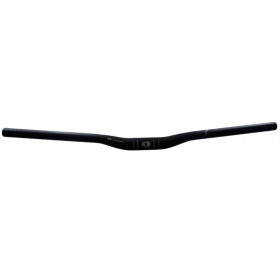-
Hybrid bike, fixie or city bike handlebar
- €9.99
-
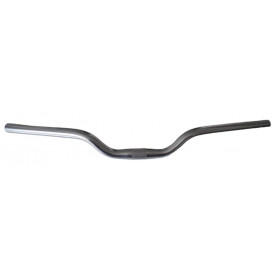 New productSemi-raised right handlebar
New productSemi-raised right handlebar- €8.99
-
Mountain bike bar AD A1 31.8 / 600 mm
- €24.90
-
Crankbrothers Cobalt 1 rised handlebar
- €25.89
- €36.99
-
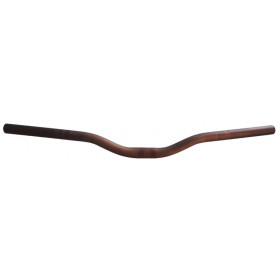 UsedSemi-raised MTB handlebar
UsedSemi-raised MTB handlebar- €9.99
-
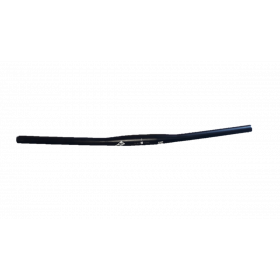 UsedRace Face Ride MTB flat handlebar
UsedRace Face Ride MTB flat handlebar- €9.99
-
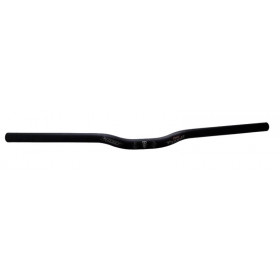 New productRitchey comp rizer MTB rised handlebar
New productRitchey comp rizer MTB rised handlebar- €17.99
-
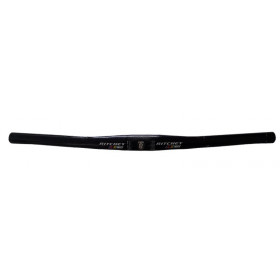 UsedRitchey wcs MTB handlebar
UsedRitchey wcs MTB handlebar- €8.99
-
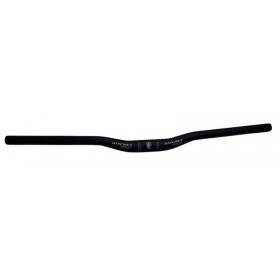 New productRitchey pro rised handlebar
New productRitchey pro rised handlebar- €24.99
-
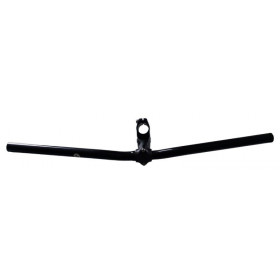 UsedHybrid bike handlebar adjustable stem
UsedHybrid bike handlebar adjustable stem- €11.99
-
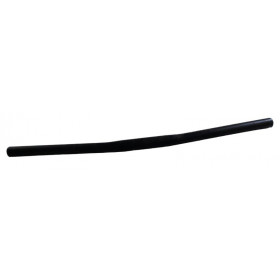 UsedHybrid bike flat bar 580 mm 25.4 mm
UsedHybrid bike flat bar 580 mm 25.4 mm- €4.99
-
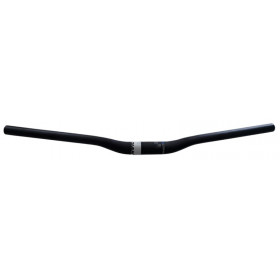 New product -60%Giant Connect SL MTB rised handlebar
New product -60%Giant Connect SL MTB rised handlebar- €21.96
- €54.90
-
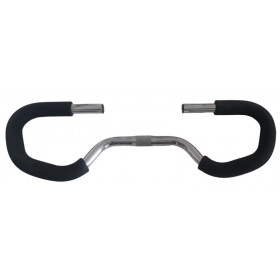 New productButterfly handlebar bike hiking
New productButterfly handlebar bike hiking- €19.99
-
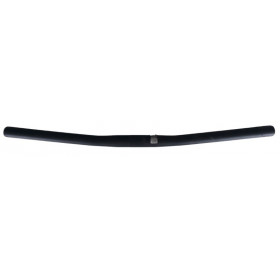 UsedStraight MTB handlebar
UsedStraight MTB handlebar- €5.99
Showing 1-14 of 14 item(s)
The fork of a touring bike plays a vital role in the bike's overall performance, especially when traveling long distances over a variety of terrain. Here are the main functions and characteristics of a touring bike fork:
1. Construction material:
Touring bike forks can be made from different materials, such as steel, aluminum, carbon or titanium. Each material has its advantages in terms of weight, rigidity and vibration absorption.
2. Shock absorption:
Some fork models feature shock absorption systems to improve rider comfort over rough terrain. This may include technologies such as integrated shock absorbers, flexible lower legs or suspension systems.
3. Mudguards and bottle cages:
Some models of touring forks are designed with eyelets or attachments allowing the installation of mudguards. This is useful in protecting the rider from splashing water and mud. Some models also include bottle cage mounts, providing additional space for carrying water or other gear.
4. Adapted geometry:
The fork geometry can be designed to accommodate wider tires, providing better grip on varied surfaces, including dirt roads and trails.
5. Compatibility with braking systems:
Touring bike forks are often compatible with different types of braking systems, such as disc brakes or rim brakes, allowing the rider to choose the type of brake that best suits their needs.
6. Through-axle:
Some models of touring bike forks are equipped with a thru axle, providing greater rigidity and stability, especially on difficult terrain.
7. Luggage rack mounts:
Some forks are equipped with eyelets or mounts to facilitate the installation of front racks. This allows the rider to carry additional loads for multi-day trips.
8. Ground clearance:
The fork design can also be adjusted to provide adequate ground clearance, which is especially important when riding on trails or unpaved roads.
In summary, a touring bike fork is designed to provide a comfortable, stable, and versatile ride over a variety of terrains. Specific features depend on the rider's needs, the type of terrain they plan to ride on, and the load they plan to carry.

